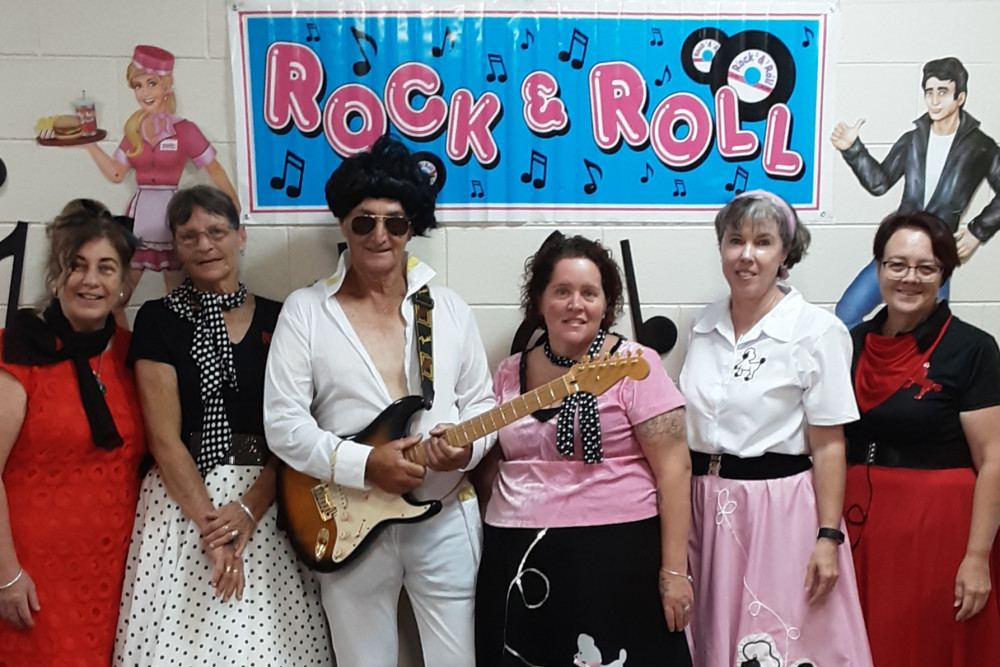Community
27 May, 2021
The Power of the "Music of the Night"
PERHAPS one of the greatest fears we face as we grow older is the fear of being enveloped in the fog they call dementia. Currently in Australia it is estimated that almost half a million people suffer from dementia and this number continues to climb steadily each year.

Researchers worldwide are working trying to find ways to combat and reverse this insidious disease.
Do not be fooled into believing this is an illness that only destroys the lives of older sufferers. People in their 30s and upwards can suffer from young-onset dementia.
Whilst researchers have made great inroads into identifying causes and working to discover ways to reverse the effects of dementia, more attention has been focussed on managing the effects and stirring brain function or rekindling those warm evocative memories that more often than not fade into the fog.
One therapy found to be of particular benefit is harnessing the power of music. There’s no mistaking the powerful effects that music can have on us emotionally and physically.
Music can transport us to places long gone, move us in ways we could never imagine and unlock thoughts and memories that we all thought were long gone.
Softly, deftly, music shall surround you,
Feel it, hear it, closing in around you,
Open up your mind, let your fantasies unwind
In this darkness that you know you cannot fight,
The darkness of the music of the night.
*Lyrics from Charles Hart and Richard Stilgoe.
One aged care facility in Far North Queensland has been particularly successful in their use of music therapy.
Warrina Aged Care in Innisfail conducts daily group music therapy sessions for their residents.
Anna Garner, Leisure and Lifestyle Officer at Warrina Aged Care uses music therapy daily with her work.
“Music is an important part of our day,” she said, “It’s amazing the effect it will have on our residents.
“We play a lot of rock and roll, or country music and you see our residents start to move. Their feet start tapping, they clap even dance.
“Music motivates them to move.
“With our dementia sufferers, the music takes them back to a time, a place, where they are safe, happy and in control.
“We have one resident, a lovely Italian lady aged 98. When we put ‘Arrivederci Roma’on to play, she starts tapping, clapping and singing. She absolutely loves it,” Ms Garner said.
Music is such an evocative medium. It serves as a trigger. A trigger to a memory or emotion. The human brain is such a complex organ. Whilst dementia and Alzheimer’s can slow the brain function, music seems to cut through, reawakening memories and taking dementia sufferer back to a place they remember and feel comfortable.
“It’s an amazing thing to witness. Someone who might be showing signs of stress or agitation, feeling lost, but when their favourite song comes on, their focus shifts to a happier, more cheerful time and the stresses release.
“Every day we see how music soothes, comforts and awakens in our residents warm and happy memories, it is a joy to be part of,” she said.
More information can be found here: www.austmta.org.au/content/music-therapy-and-dementia


